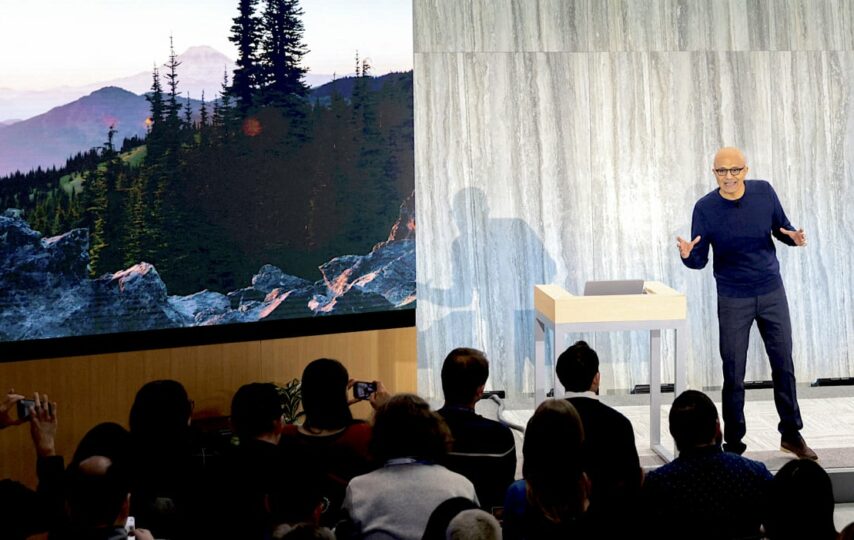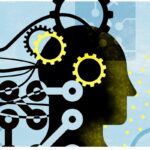Google has introduced a new AI technology, Google Bard, to enhance its search engine capabilities. This advanced artificial intelligence is integrated into the search engine, offering users a more refined and efficient search experience.
Meanwhile, Microsoft has implemented a similar AI technology into Bing, elevating its search capabilities. These advancements from both companies represent a significant upgrade in internet search functionality.
Google Bard or Microsoft Bing
Microsoft recently announced the integration of its Bing AI search and Microsoft Edge browser. They introduced a “co-pilot” feature that offers similar capabilities to ChatGPT. Meanwhile, Google has also introduced the Bard assistant, aimed at enhancing its search with conversational AI. Google did this to provide a more personalized experience.
The two tech giants race to lead the AI revolution in search engines. But the question of who will come out on top remains a topic of interest. The solution to this issue is yet to be determined in the future. At present, small steps are being taken and they are currently being tested by selected partners in a closed environment.
Microsoft has an advantage in this area. This is because they have already provided a preview of their latest AI integration through Bing.com. They succeeded in offering a glimpse of how it will perform in the market.
Google Shares Go Down
Google Bard experienced a significant negative impact due to its name and the decrease in Google’s stock. This is primarily because of its inaccurate response to a straightforward question regarding the first image of an exoplanet.
As The Independent reports, Bard incorrectly stated that the James Webb Space Telescope first captured the image. Actually, it was the European Space Agency’s Very Large Telescope in 2003 that achieved this feat.
AI in Search Engines
Artificial Intelligence has already made its way into search engines, with both major companies incorporating deep learning technology into their systems before this competition. Google has stated that they have implemented AI into their search process, to enhance the user experience and provide more accurate results.
Microsoft has utilized artificial intelligence in its operations, with its search engine Bing known for its AI capabilities. Their collaboration with OpenAI has further advanced their AI endeavors, resulting in new advancements now available. The support from Microsoft’s Azure cloud infrastructure has played a role in these achievements.
The two major players in Big Tech are showcasing their latest advancements to the public, but Google has a secret weapon in its arsenal for limited testing – Bard. Despite recent controversy surrounding Bard’s mistake making headlines, the competition is fierce as both companies strive for dominance in the AI industry.
The Impact of AI
The advent of AI has brought about a profound impact on several industries by its capability to analyze massive data sets, revealing information and patterns that are beyond human comprehension.
This has revolutionized domains like finance, medicine, and marketing by offering organizations the means to make more informed decisions and provide improved customer service. However, the utilization of AI is not without its challenges. One of the major issues is its potential to replace human labor and exacerbate income disparity.
Although AI holds the possibility of elevating productivity and generating new job opportunities, it also poses the threat of automating jobs that were once performed by people. Hence, there is a requirement for reskilling and upskilling initiatives to ensure that the workforce is equipped with the necessary skills to succeed in an AI-powered economy.
Conclusion
The rise of AI presents numerous challenges, particularly in the realm of ethics. As AI advances, there are growing concerns about accountability for its actions and decisions. The emergence of autonomous AI systems prompts ethical dilemmas concerning bias, privacy, and responsibility.
In summary, AI holds the potential to be a catalyst for growth, increasing efficiency and productivity, and generating new possibilities. Nevertheless, it is crucial to tackle the challenges posed by AI and to use it responsibly and ethically. Staying informed about AI’s impact and working together to guide its growth in a positive direction will be critical as AI continues to evolve.








